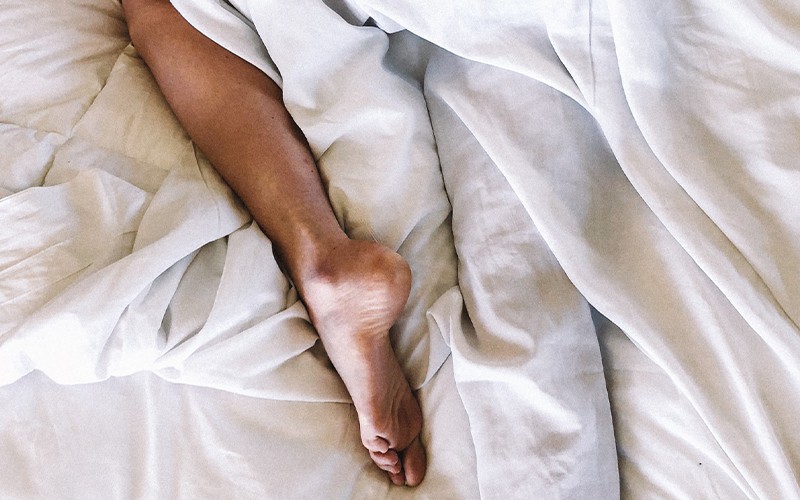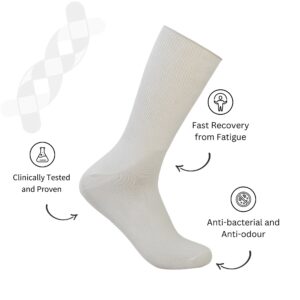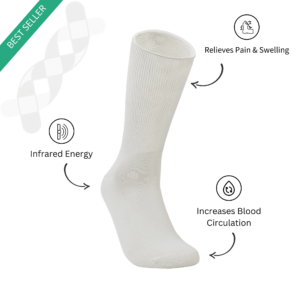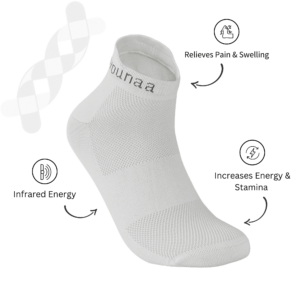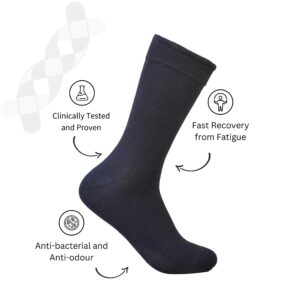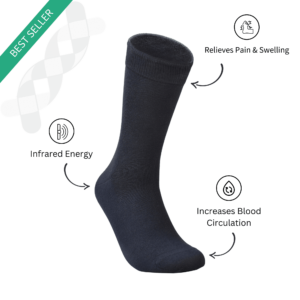Restless leg syndrome (RLS), also known as Willis Ekbom Disease, is a condition that causes discomfort on the legs usually when the person is sleeping or trying to sleep. People with RLS describe it like ants crawling or biting their legs. The symptoms reduce as the person moves their leg which is why a person with RLS keeps moving their legs at night for relief.
Here Are 4 Things You Need To Know About Restless Leg Syndrome
Restless leg syndrome may seem harmless but prolonged restlessness on the leg may lead to other health issues. Here’s everything you need to know about restless leg syndrome.
1. Who Is Likely To Get RLS?
It is often hereditary in many families, but health issues like kidney problems, neurological problems, diabetes etc can cause RLS. For some women, pregnancy causes RLS as well but the symptoms seem to go away once the baby is born. Smoking may also cause RLS.
RLS also seems most common in middle-aged women.
2. What Causes RLS?
The exact reason for RLS is not known but it is seen commonly in people who have an iron or calcium deficiency or a reduction in dopamine levels. Certain stimulants can also cause RLS and medicines for nausea and the common cold may cause it or make the symptoms worse.
Though there aren’t adequate studies but seeing that it commonly occurs in diabetics and those with nerve problems, lack of oxygen to the legs or improper blood circulation may also cause RLS.
3. Long Term Effects Of RLS
Though RLS may not seem like a severe illness in itself, it does have long term effects. To start with, it can lead to severe sleep deprivation and insomnia. Most RLS patients have trouble falling asleep but, in severe cases, people can wake up from sleep because of the severe twitching in their leg muscles. Some have it in their arms and legs making it nothing less than a nightmare experience.
Sleep deprivation leads to a host of other problems. For instance, insomnia makes diabetes more unmanageable. Sleep deprivation can lead to depression, reduced immunity and bad eating habits which lead to obesity and other health issues. It’s all a vicious chain which needs to stop!
4. How Can We Diagnose And Treat Restless Leg Syndrome?
Diagnosis is rather easy. Most people refrain from going to the doctor because they feel the symptoms are strange and psychological. However, RLS is indeed a real problem and a conversation with your doctor is really all it takes to diagnose it.
Once the doctor knows you have RLS, they may ask you to do a blood test. Iron and calcium deficiencies can easily be treated with medication.
Other medications that relieve RLS are opioids because they relax the muscles. Medicines that increase dopamine levels may also solve the problem. Sleeping pills also help RLS because when you get a deep sleep you will not feel your legs twitching.
While these medicines may relieve you for a short period of time, they are usually given as a last resort because they are very addictive. Once the body gets adjusted to a particular level of medication it later needs more to have the same effect. Secondly, most of these medicines cannot be given to pregnant women.
Doctors usually suggest natural remedies for RLS that promotes good sleep.
3 Natural remedies For RLS
You must treat RLS like a sleep disorder; anything that you do to improve the quality of your sleep will help with RLS. If you can sleep well, you will not feel the twitch in your feet.
1. Diet
Avoid caffeine especially during the evening and avoid fast food as much as you can. While fast food makes you feel good at the moment, saturated fats reduce dopamine levels in the long run. Instead, you should eat healthy proteins from pulses, beans and white meat.
Have a light and early dinner so that your body does not have to work hard to digest a heavy meal when you are trying to sleep. Also, make sure to hydrate yourself throughout the day.
2. Exercise
Good exercise can improve blood circulation, but it also makes you tired when it’s time for bed. Avoid high-intensity workouts before going to bed because it will make you too alert. Instead, you can work out in the morning and do light stretches and breathing exercises before bed. Some yoga poses can improve your quality of sleep as well.
You can also sit and take a few deep breaths before going to bed. It will help you relax your mind and prepare your body for a good sleep.
3. Wear Diabetic Socks
Since diabetes and peripheral neuropathy may cause RLS, diabetic socks may help you relax. A good pair of diabetic socks will promote blood circulation and increase oxygen around your feet.
This will help your feet relax and reduce twitching.
Additionally, if you smoke, or have high amounts of coffee and/or added sugar in your diet, now is the time to stop. You can gradually reduce sugars until they are completely gone.
You can have a sugarfree cup of coffee in a day but avoid caffeine from the evening. Instead, you can have a mild cup of tea to soothe your body.
Sleeping is easy for some but it is an effort for many. Good sleep is the only cure for Restless Leg Syndrome which means that you should take out an hour before bed to relax your body. Avoid stimulants like television and caffeine before bed and slowly but surely, your legs will start to rest

